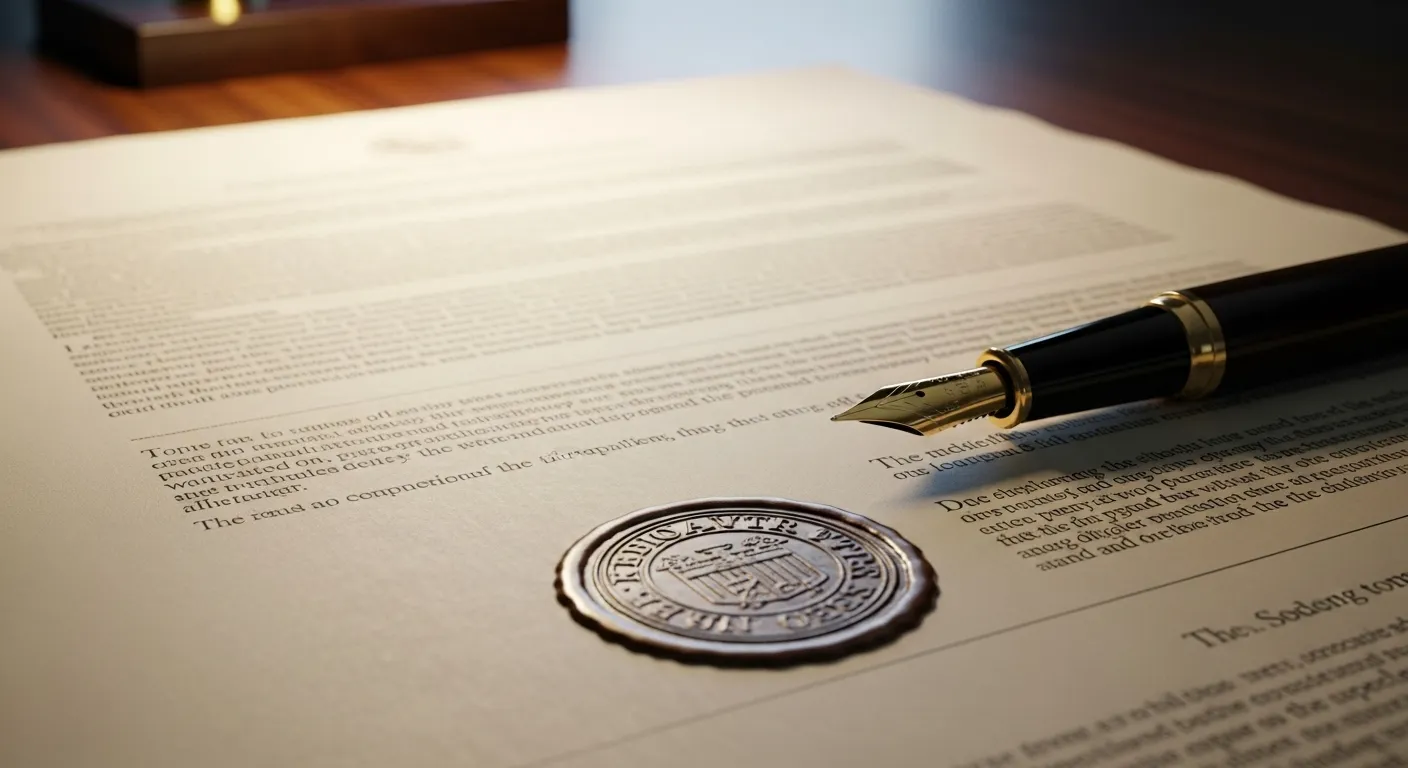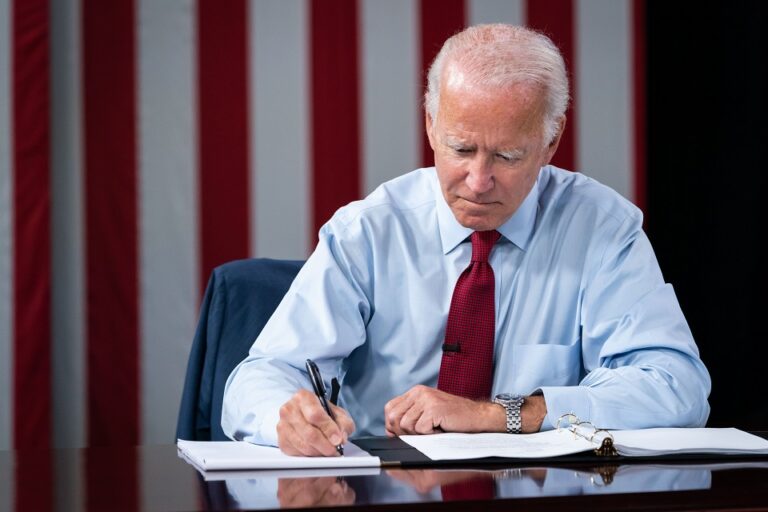
When to Consult a Professional
While it is possible to create a Power of Attorney using statutory forms or online services, the gravity of this document makes professional guidance highly advisable. This is not just a form to be filled out; it is a cornerstone of your life and legacy plan. Consulting with a qualified professional ensures your wishes are protected and your document will work when it is needed most.
An Elder Law or Estate Planning Attorney
The best professional to guide you through this process is an attorney who specializes in elder law or estate planning. Their expertise goes far beyond simply providing the correct form. Here is why consulting an attorney is so valuable:
- State Law Compliance: They guarantee that your document meets all the specific legal requirements of your state, from the language used to the signing and witnessing rules. This dramatically reduces the risk of your POA being rejected by a financial institution or challenged in court.
- Customization: An attorney will not give you a generic document. They will listen to your concerns, understand your family dynamics, and learn about your financial situation. They can then draft a POA that is tailored to your exact needs, granting specific powers while also building in safeguards you might want.
- Navigating Complex Situations: Your life isn’t a template. Do you have a blended family? Do you own a business? Are you concerned about qualifying for Medicaid in the future? An attorney can address these complex issues and draft provisions that standard forms simply cannot. For instance, certain powers related to gifting or trusts are essential for future long-term care planning but are often missing from basic forms.
- Objective Counsel: Choosing an agent can be emotional. An attorney provides a neutral, objective perspective. They can help you think through the pros and cons of potential candidates and structure the document to minimize potential family conflict.
- Holistic Planning: A Power of Attorney does not exist in a vacuum. An attorney will ensure it works in harmony with your other essential estate planning documents, such as your will, trust, and living will (or advance directive). A comprehensive plan is always more effective than a collection of separate documents.
The cost of hiring an attorney to draft these critical documents is often modest compared to the potential cost of not having them. The legal fees, family strife, and loss of control associated with a court-supervised guardianship proceeding can be exponentially higher.
Other Professionals to Involve
While an attorney is the primary professional for creating the document, it can be helpful to have conversations with others as part of your planning process.
- Financial Advisor: If you work with a financial advisor, it is wise to let them know you are creating a POA and who you have appointed as your agent. They can help you organize your financial information to make the eventual transition smoother for your agent.
- Accountant (CPA): Your POA will likely grant your agent the power to handle your taxes. Your accountant can be a valuable resource for your agent, helping them understand your tax situation and fulfill their duties correctly.
Taking the step to create a Power of Attorney is an act of responsibility and care for yourself and your loved ones. Engaging a professional ensures that this important act is done correctly, providing you with true peace of mind.




